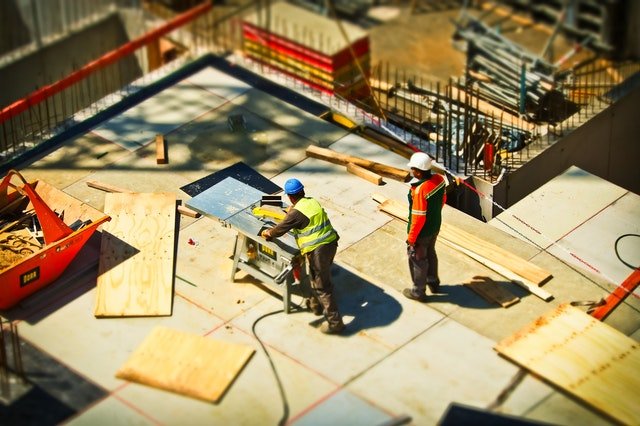
If you are looking to apply for funding through a development finance lender, it is highly likely that you will be using this loan in order to finance renovation or construction costs for a building you have purchased. However, the last thing you want to do when carrying out construction work is to poorly plan it, and potentially end up not getting the planning permission you required and having to knock the building down, or pay a fine. But which types of buildings need planning permission, or what kind of projects do? We decided to point out the key facts so that you are fully aware of when planning permission is needed.
Extensions
If you are intending to add an extension to your property (providing it is not a flat or maisonette) it will usually fall under the category of permitted development, therefore meaning that you will not need to get planning permission. This is as long as it falls into one of the following categories:
- The planned extension will not be higher than the highest part of the roof
- It is not going to e more than have the area of land around the original house. This means as it was seen in 1948, after this it is considered as newly built.
- The planned extension is not forward of the principal elevation or is it a side elevation that goes onto a highway.
- If it is a two-storey extension it is no closer than approximately seven metres to the rear boundary.
- The extension does not include raised platforms, verandas or balconies
- If it is a rear extension, the maximum height of your (single-storey) extension is no more than four metres high
- If there are any upper-floor, side facing windows, these have been obscure-glazed.
Sheds, garages and greenhouses
If you are deciding to create an outbuilding like a shed, garage or greenhouse, these will also fall into the permitted development category. It is possible for you to build a garage or an outbuilding on your property without getting permission providing that it is considered to be of reasonable size.

Have you checked carefully to see if you are liable to get planning permission for your renovation?
That is, it should be no higher than 4 metres. Of course, there can be exceptions where planning permission may be required if it is not a typical outbuilding. In this scenario, contact your Local Planning Authority or your Planning Portal in order to obtain more details of potential planning exemptions for outbuildings.
Indoor renovations
If you are looking to carry out internal works to a building that you have bought, such as a garage conversion, adding a new kitchen or bathroom, creating a loft conversion or rewiring, you will also not usually need to get planning permission.
However, if you live within a Conservation Area, or if you are looking to make renovations within a Listed Property, then you are advised to check with your local planning authority (LPA) first.
Changing the use of a building
If you are looking to undertake a project that means you are hoping to completely alter the building from its original use, then it is probably the case that you will need to apply for planning permission.
New building
Looking to create a new building entirely? You will also most likely need to get planning permission for it before going ahead and start construction works. Deciding to go ahead without getting this permission is risky, and financially so too. You could receive an enforcement notice from your local council, and ignoring could entail a number of legal and financial consequences for you.
How much does a planning application cost?
If you need to get planning permission for the work that you intend to carry out, then there will be fees you will need to pay. If you are making a full application for a new single dwelling in England, then the cost will be £462, whilst different fees apply in Scotland, Wales and Northern Ireland. Meanwhile, if you require planning permission for certain types of home improvements you are carrying out, this will cost you around £206 in England.
How do I apply?
Luckily, to simplify the procedure, all local planning departments use the exact same application form for planning permission, known as 1APP. This form can be found in your local area and the application can be done online via a Planning Portal.










Recent Comments